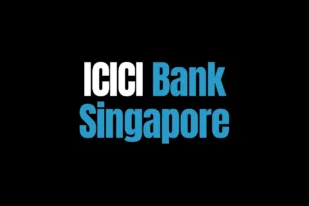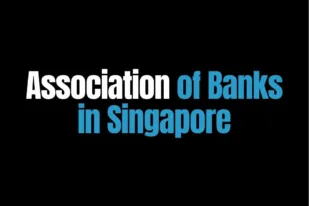Cheques have played a reliable role in Singapore’s payment landscape for decades. Today, most everyday transfers have moved to digital rails like PayNow, FAST and GIRO, yet cheques still appear in specific situations. This guide explains where cheques remain practical, what is changing, and the modern alternatives that can deliver the same outcomes—often faster and at lower cost.
How cheques work today
Cheques drawn on Singapore banks are cleared through the national Cheque Truncation System (CTS). When you deposit a cheque before your bank’s cut-off time, funds are typically available the next business day, subject to clearing and any holds. Banks also remind customers that cheques are generally valid for six months from the date of issue unless stated otherwise on the instrument.
Where cheques can still make sense
- Payees who prefer paper instruments: Some counterparties—especially in traditional or cross-border workflows—may still request a cheque.
- USD cheques and bank drafts: For certain overseas or foreign-currency use cases, banks continue to support USD cheques and cashier’s orders issued in Singapore.
- Cashier’s orders for high-value, single payments: These remain available from banks for situations that call for a bank-issued instrument.
What’s changing (important timeline)
Singapore is transitioning away from SGD corporate cheques and introducing new digital options designed to cover post-dated and guaranteed-payment scenarios that cheques used to serve.
- Electronic Deferred Payment (EDP) and EDP+: Industry solutions launched in 2025 to handle scheduled/deferred payments and transactions needing higher certainty of payment, delivered through banks’ digital channels and leveraging PayNow for easy payee identification.
- Corporate cheque phase-out: According to industry guidance, banks will stop issuing new SGD corporate chequebooks from 1 January 2026 and stop processing SGD corporate cheques from 1 January 2027. Retail cheques, USD cheques and cashier’s orders remain available.
- Cost signals: To reflect processing costs and encourage digital adoption, many banks apply small fees for issuing (and in some cases depositing) cheques.
Digital alternatives that cover the same jobs
- PayNow (instant person-to-person and business payments): Transfer money by mobile number, NRIC/FIN, or UEN. No need to swap account numbers, and funds typically arrive within seconds.
- FAST (real-time bank transfers): Interbank credit transfers in SGD that arrive almost instantly, useful for one-off or urgent payments.
- GIRO / eGIRO (recurring debits made simple): eGIRO digitises the traditional GIRO setup so a new Direct Debit Authorisation can be approved in minutes instead of weeks—ideal for bills, school fees, subscriptions and supplier collections.
- EDP / EDP+ (post-dated and assured payments): For scheduled or certainty-of-payment use cases previously handled with post-dated cheques or bank guarantees, banks now offer these electronic options in-app.
Practical tips to avoid delays
- Check the cut-off time: Depositing before your bank’s stated cut-off helps funds clear by the next business day.
- Complete the cheque carefully: Use dark ink, avoid alterations, and ensure the amount in words matches the figures. For bank-issued instruments (e.g., cashier’s orders), keep the customer copy until the payment is confirmed.
- Consider fees and speed: Compare the total cost and timing. For most routine payments, PayNow, FAST or eGIRO will be faster and typically cheaper than issuing a cheque.
Bottom line
Cheques are no longer the default in Singapore, but they remain useful in certain niche or transitional scenarios—especially where a payee explicitly requests one, a USD cheque is needed, or a bank-issued instrument (cashier’s order) is preferred. For everyday payments, the digital options offered by Singapore banks—PayNow, FAST, GIRO/eGIRO, and the newer EDP/EDP+—deliver speed, convenience and strong traceability.
Important: Policies, processing timelines and fees can change. For decisions that may affect your business or personal finances, please verify details on the official pages of MAS/ABS and your bank before proceeding.
Sources (official, topic-specific pages)
- ABS — Guide to E-Payments (corporate cheque phase-out dates; retail/USD cheques and cashier’s orders)
- ABS/MAS — Launch of EDP & EDP+ and updated timeline for corporate cheques (media release)
- ABS/MAS — Response to consultation on cheques (usage trends, cost signals)
- DBS — Cheque Clearing (cut-offs, next-business-day availability, six-month validity)
- OCBC — Cheque service updates and fees
- ABS — PayNow (how it works; participating banks)
- ABS — eGIRO (digital Direct Debit Authorisation and participating banks)
- UOB — Cheques & Cashier’s Orders (availability and move toward e-payments)





